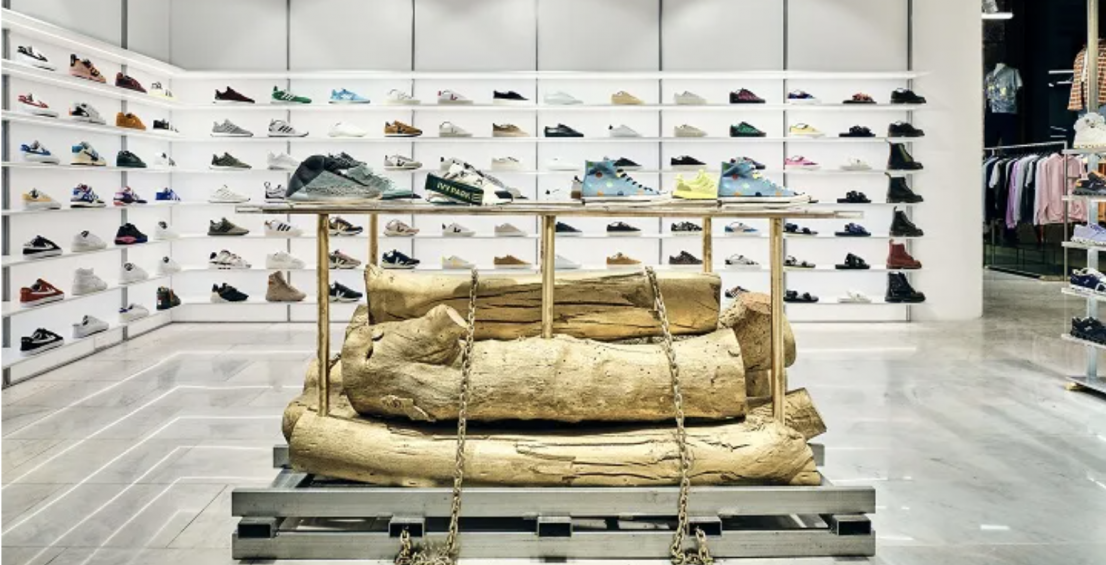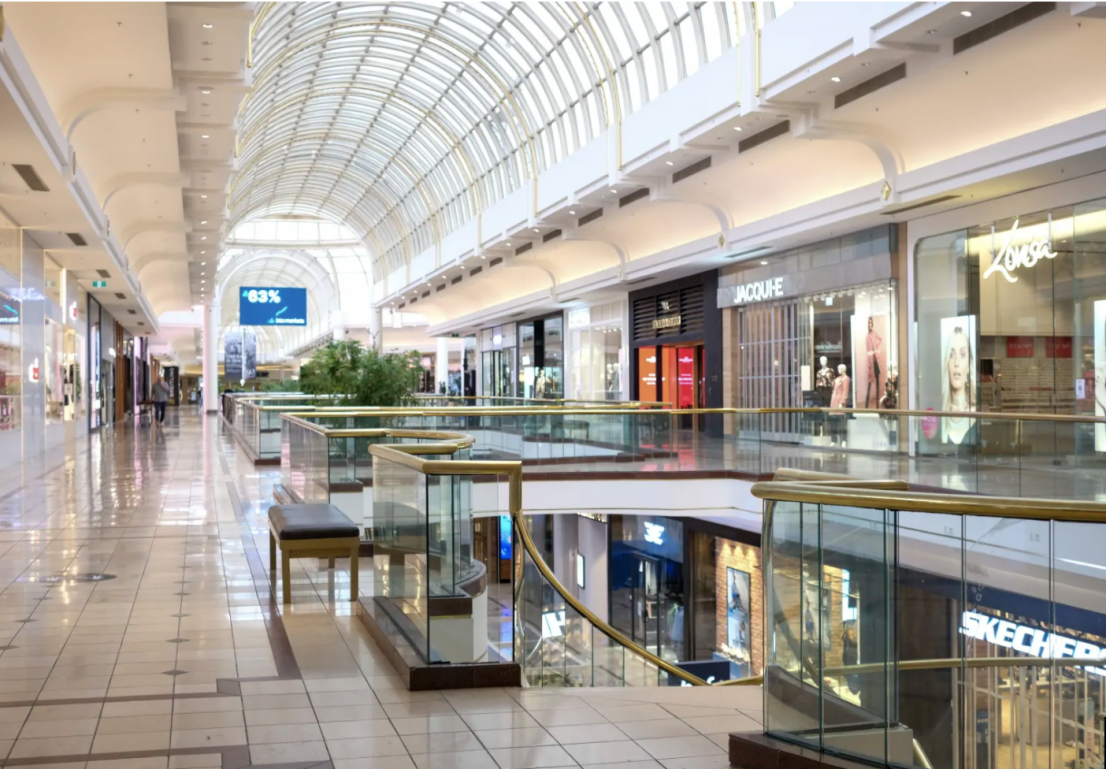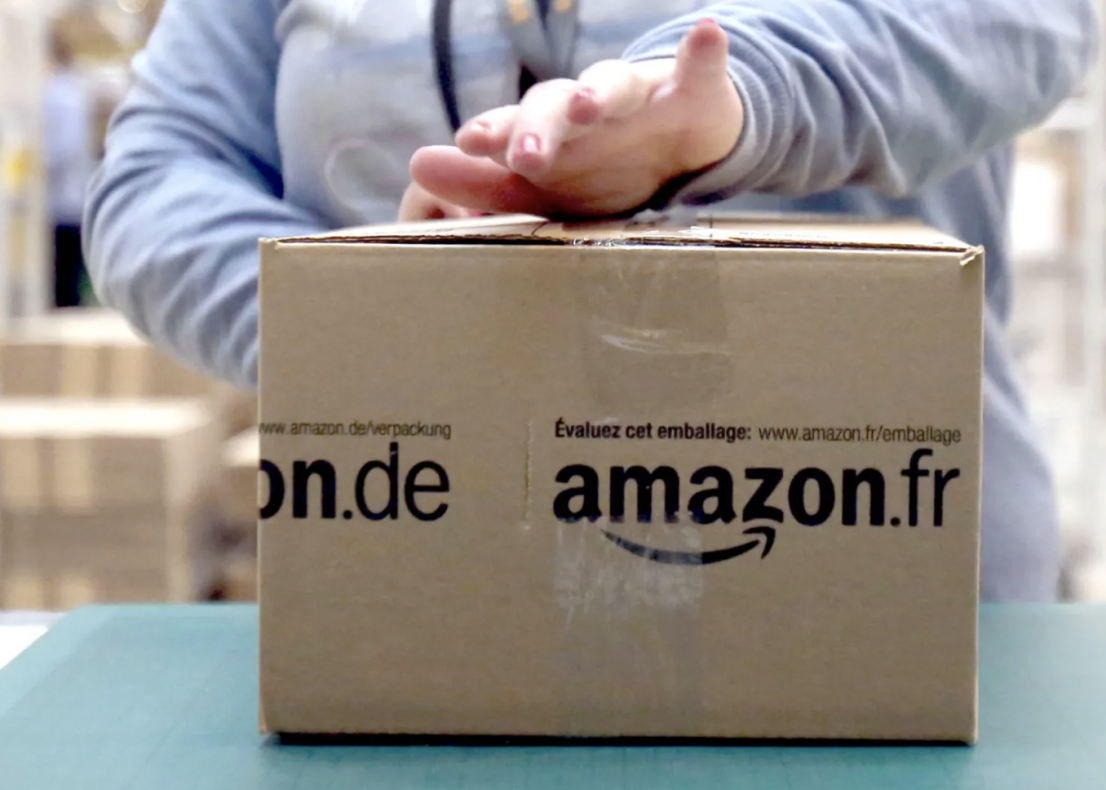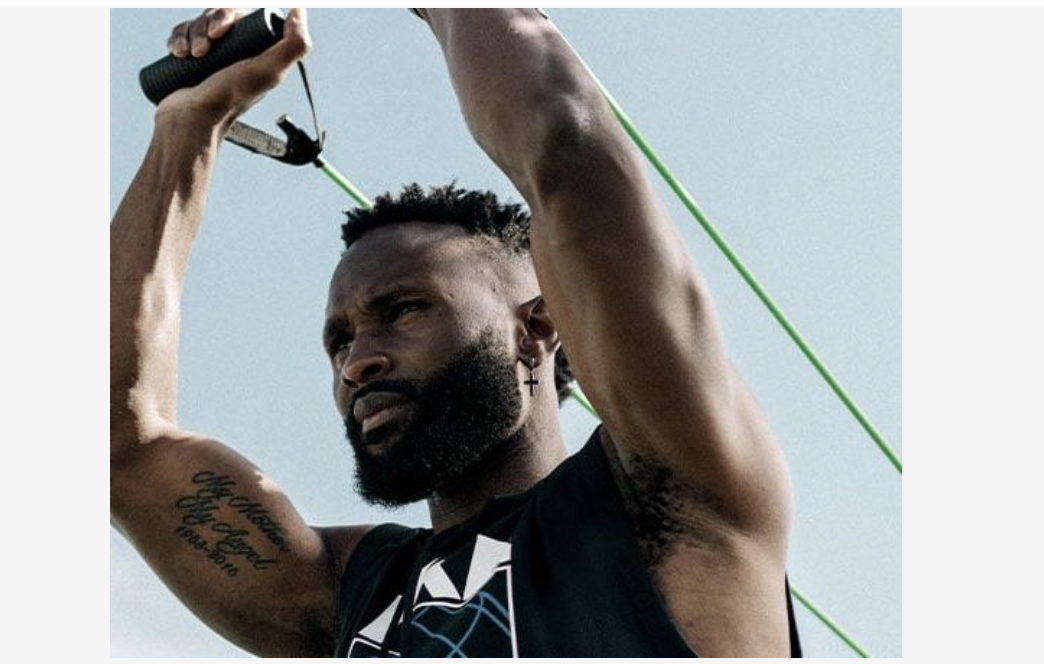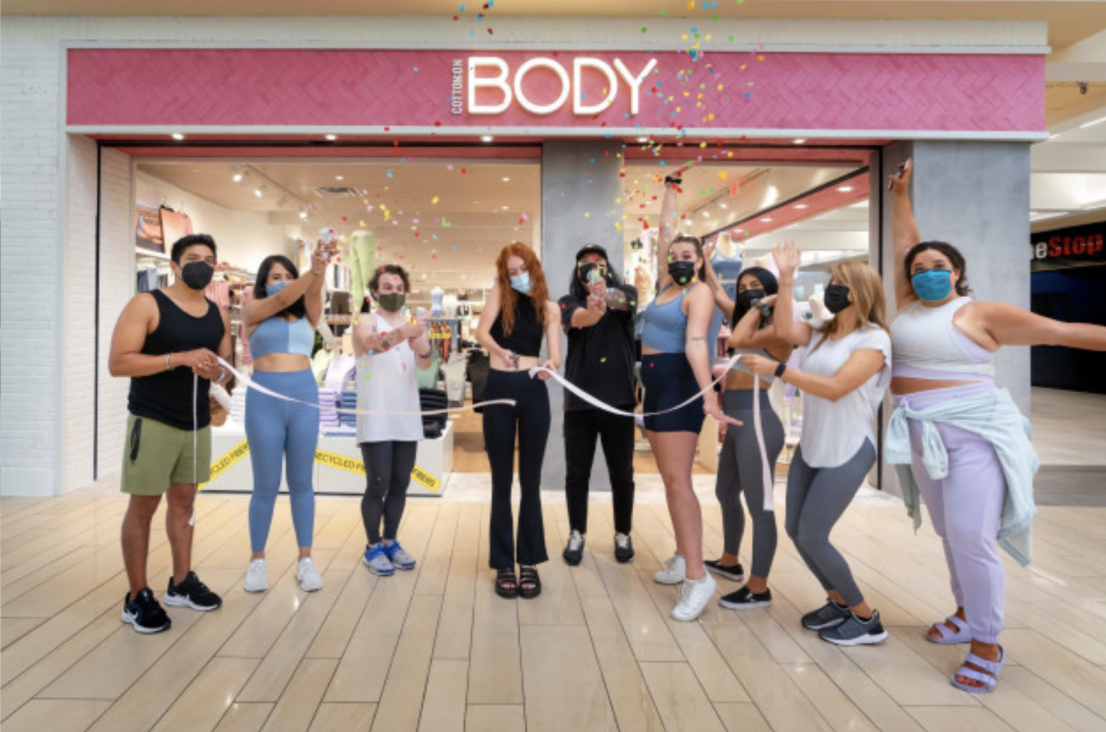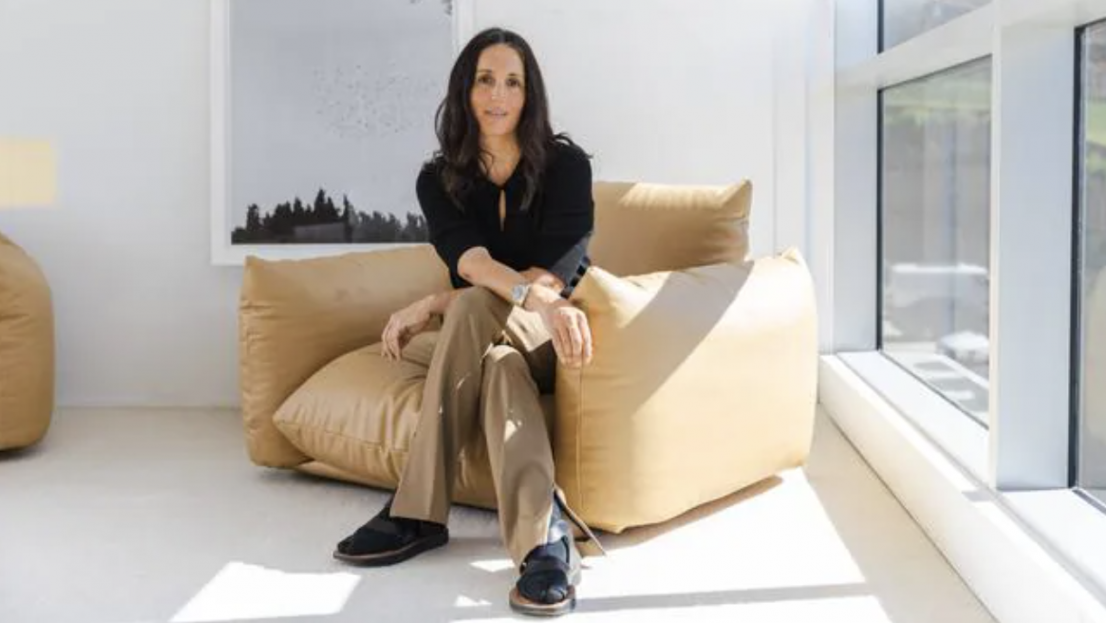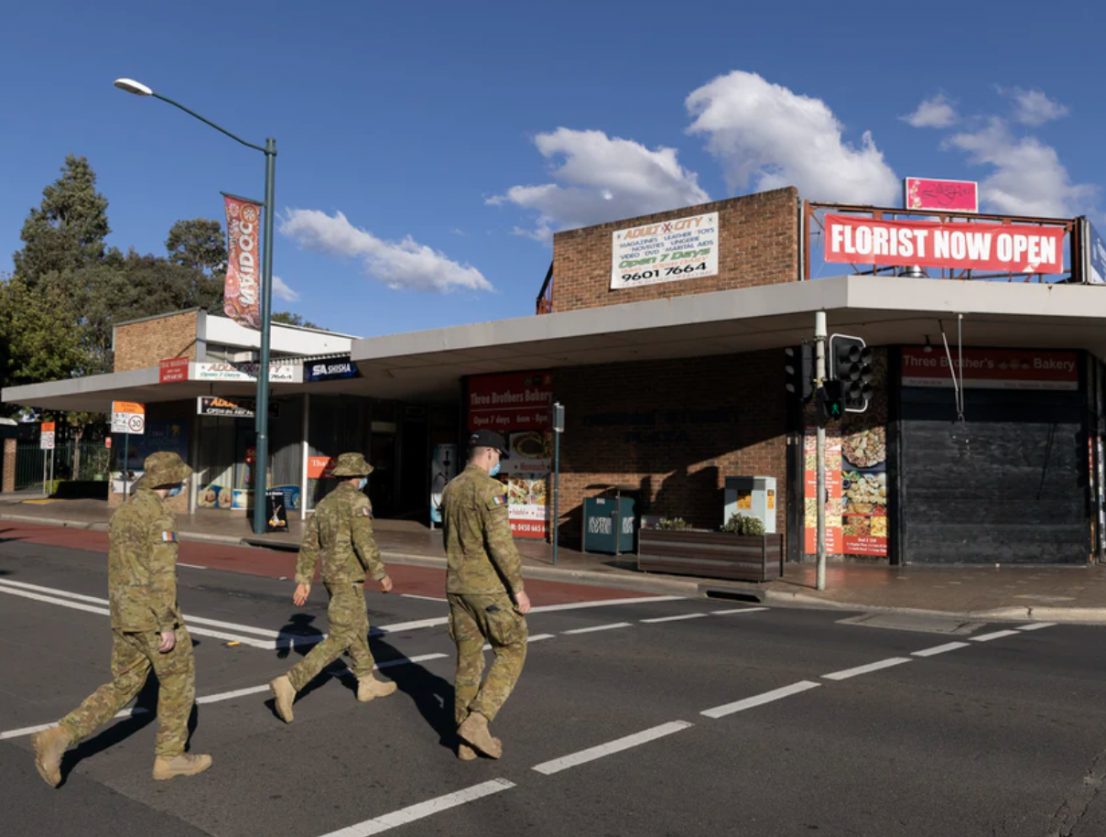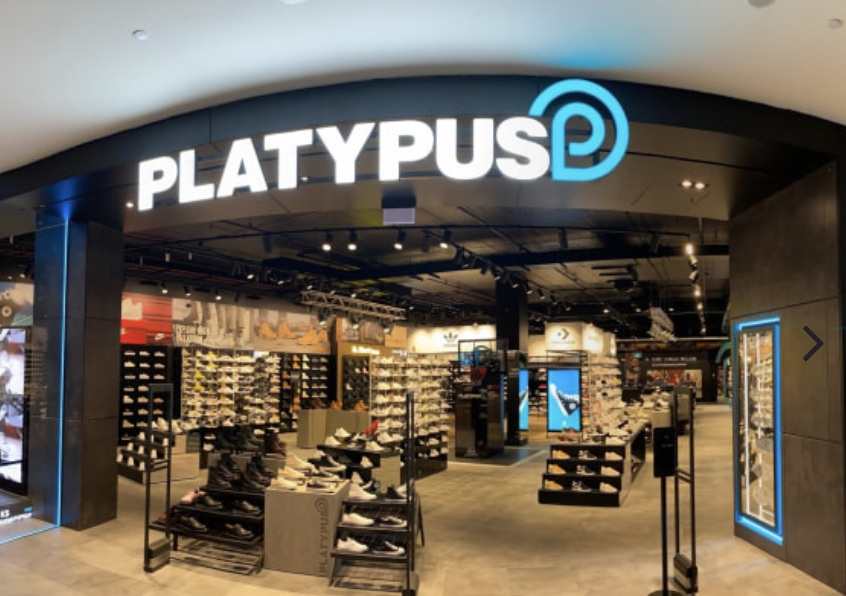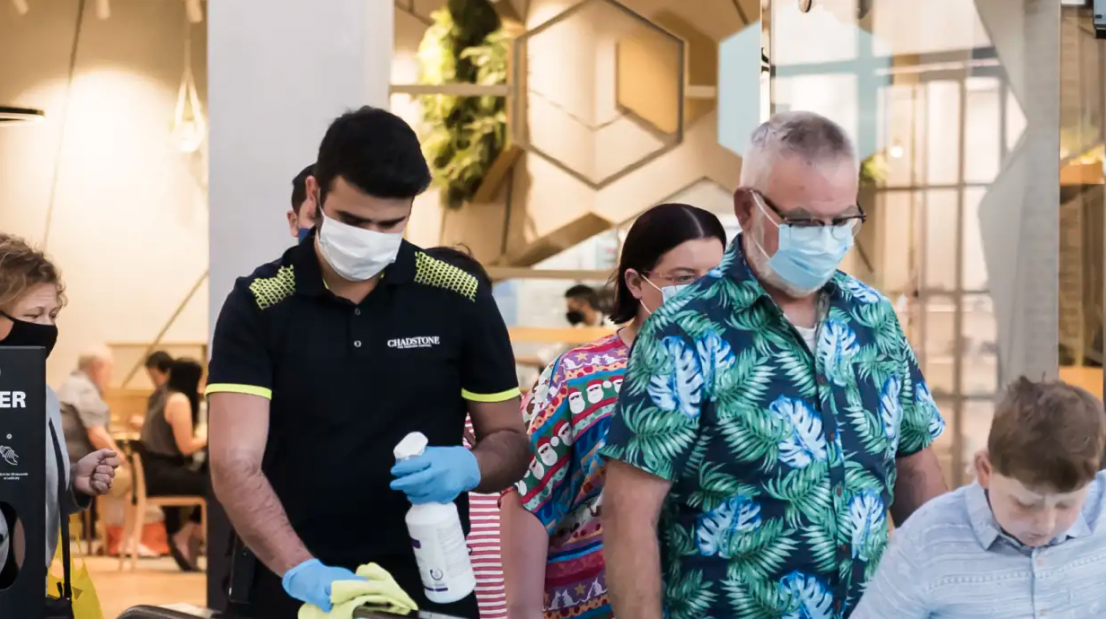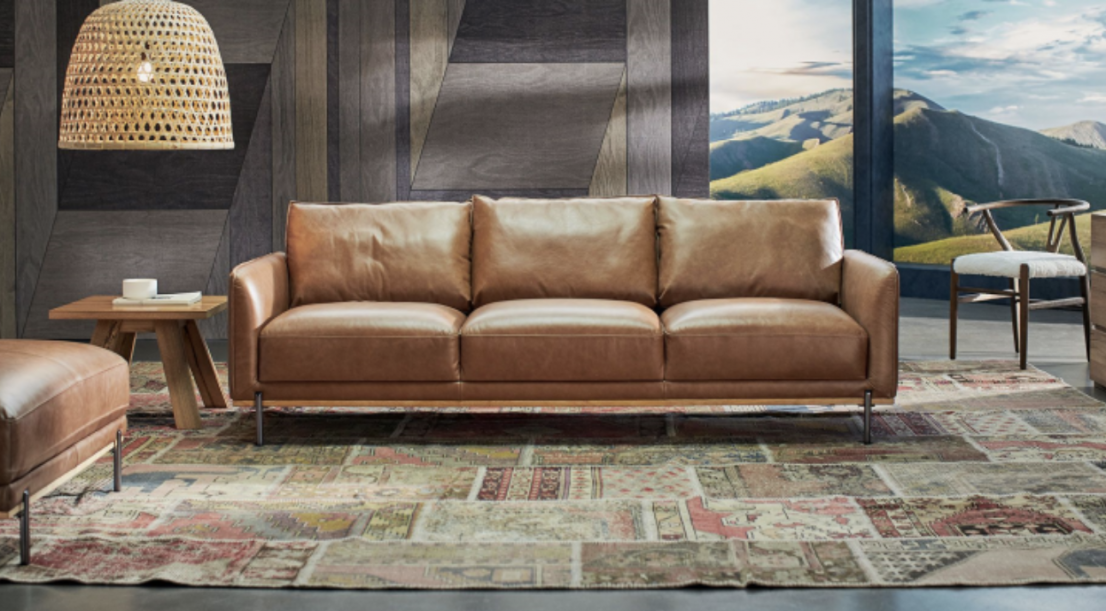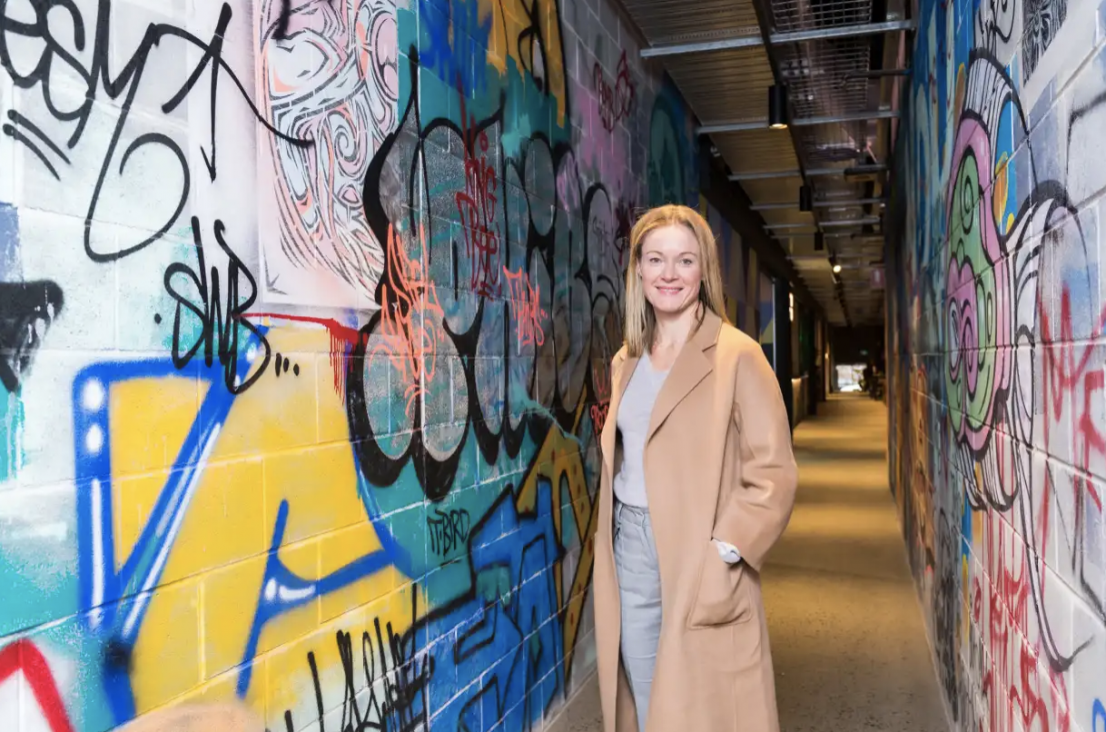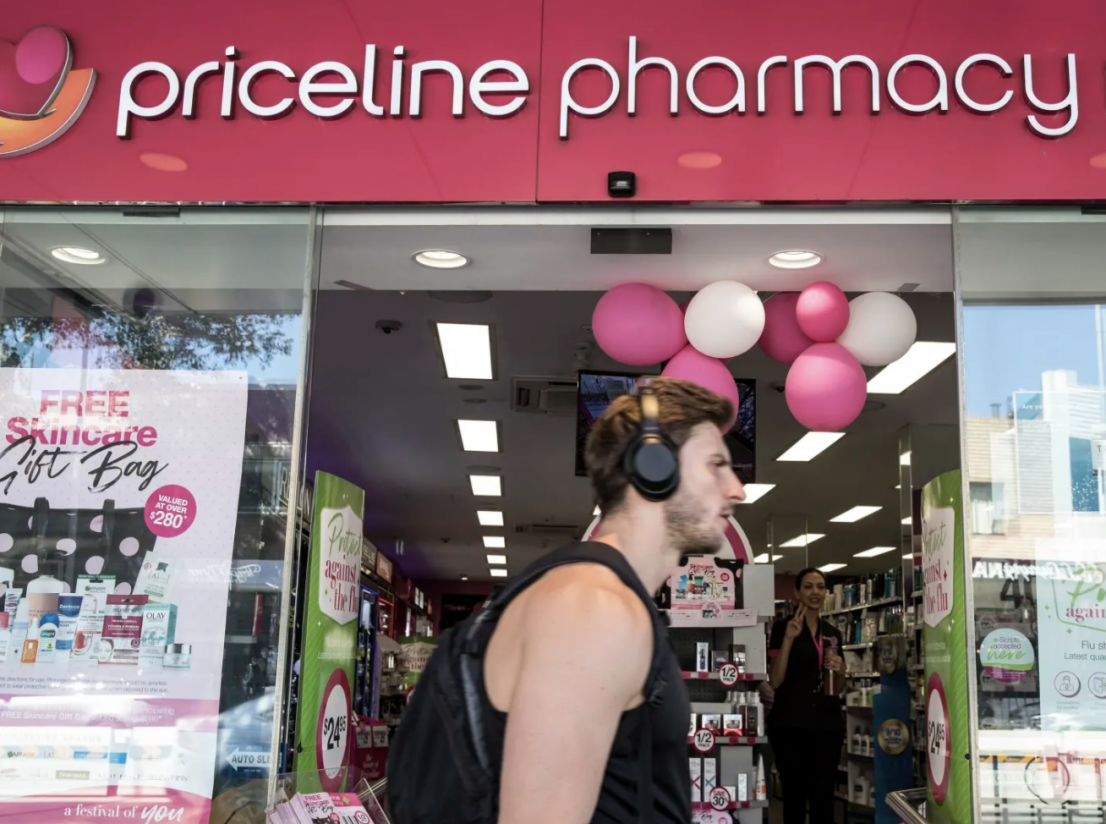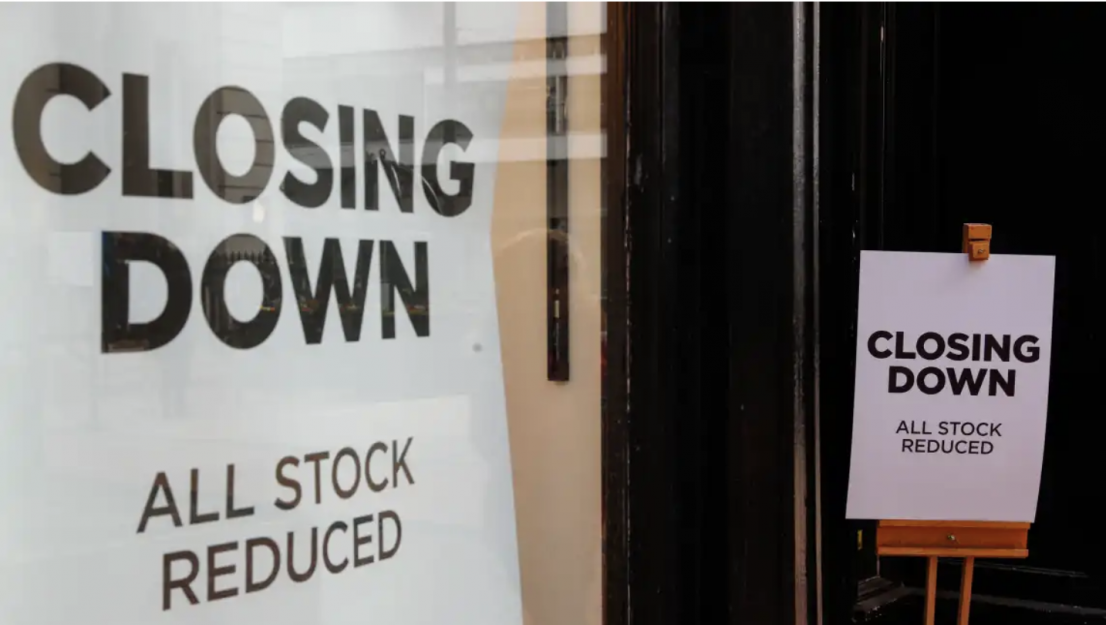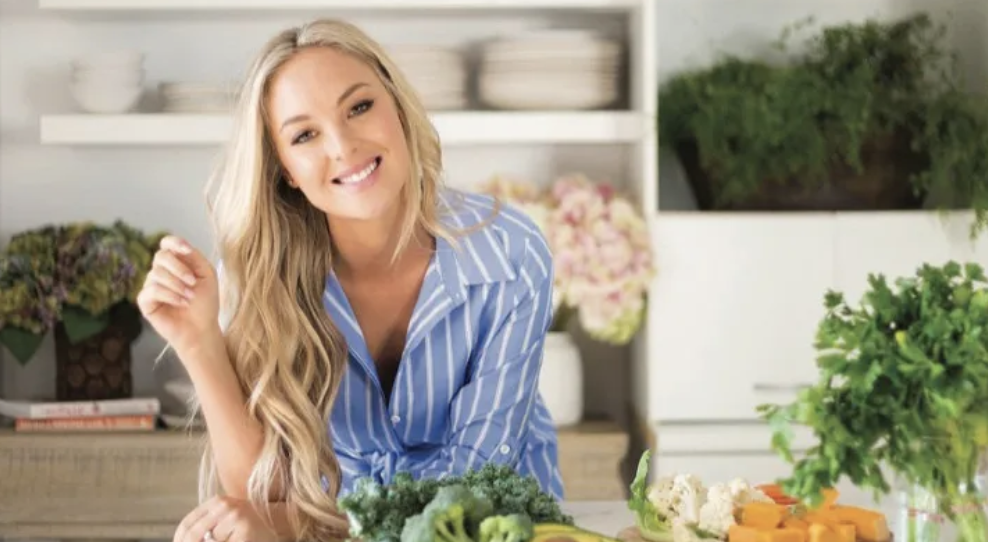
In 2019, Rihanna became the richest woman in the world of the music industry, with only 32 years she minted a fortune of 600 million dollars, even surpassing other greats such as Madonna, Céline Dion and Beyoncé . This rapid jump was due to her new facet as an entrepreneur, either in partnership with the French luxury goods company LVMH with whom she launched the Fenty Beauty makeup line, and as co-owner of the Savage X Fenty lingerie line in partnership with TechStyle Fashion Group.
How is it that a singer could become a great entrepreneur (and also well diversified) of beauty? Why not? Today we will discover the three secrets of Riri's business success.
1. Create, design and join the change that your market is crying out for
In a world where 91% of women are not happy with their bodies and where only 5% naturally possess the beauty standard shown in the media, the feeling that our body is out of the mold can be very common in women. women.
Even so, until 2018 we had lingerie shows like Victoria's Secret where the lack of diversity of body types, sizes and proportions no longer excited as a show and although there were some efforts to change, it seems that it was not enough. And then in 2018, Rihanna launched her first line of lingerie clothing with a clear statement expected by many: No matter what you are, Savage x Fenty is for you.
Filling gaps in the industry was presented as a game-changer in representation and diversity , we no longer need our curves to adapt to a lingerie, now she adapts to us, we can already find color palettes that better match our tone of skin, what now responds to the expectation of a new woman who is accepted is reflected in the success in business of Savage x Fenty. Under the mantra that Riri herself shared at the launch "no woman should be left out, this is for all stages of femininity and all body types", with this exercise in cultural affinity in 2019 being only her second year of operations, she obtained sales of $ 150 million and in 2020 its sales doubled according to Forbes .
On the other hand, Victoria's Secret does not have such a good time: it canceled its lingerie shows that were televised, which incidentally for Ed Razek, its Chief Marketing Officer, were functions that sold a fantasy, and in recent years they have continued to close stores due to lower sales and their shares fell by as much as 40 percent.
2. If lemons fall from the sky, learn how to make lemonade
“Having lighter skin was not a problem at home, but it was at school. I didn't understand it. I only saw a lot of people of different colors and I was the whitest. The harassment continued until my last day there. ”Rihanna confessed when she made public that she was a victim of bullying at school. Like her, many African-American women or women with skin disorders (such as vitiligo, albinism, among others) did not feel identified on the shelves of cosmetics stores, nor did they feel considered as consumers.
At the end of 2017 Rihanna launched Fenty Beauty and it seems that at night inclusivity and diversity was the most in the world of beauty, although without being the first or the only one in this innovation, it seems that other players cannot replicate it, Not surprisingly, Fenty Beauty was recognized as one of the Greatest Inventions of 2017 by Time Magazine, for its balance between quality and price, as well as its inclusiveness rather than exclusivity.
Contrary to what other brands would do, Fenty Beauty launched 40 foundation shades, of which precisely the first to be sold out online and in stores were the deeper shades, which were the shades that empathize with neglected niches.
Thus, Rihanna channeled the empathy and emotionality that she experienced when she suffered bullying towards this market segment to launch her makeup line, something very similar to the story of Madame CJ Walker portrayed in the Netflix series A self-made woman .
Getting a brand to make so many women feel represented and included in one brand marked another success for Rihanna as she targeted a highly underserved segment that she was eager to consume, according to WWD Reports African American women spend $ 7.5 billion annually on cosmetics, 80% more than the rest (1.5 billion). Which made Fenty Beauty the business that made him the greatest fortune outside of music.
3. Break the mold of the traditional that your competition is not willing to break
How does a startup stand out in an extremely competitive $ 532 billion market? One thing is for sure: they cannot do what others do and that is precisely what Rihanna has characterized herself for even before she was a businesswoman.
With a business vision that seems more like a statement of equality: "Beauty for all", the Marketing approach they took was "show it, don't say it", so much so that not once was the word "inclusive" used in brand messages. Its commercial presentation showed 12 different women, each one equally exposed in close-up time and starring in different parts of the campaign alike, without supermodels, without influencers and with no indication that Fenty Beauty has room for the standard model of perfect beauty.
The diversity of the color palette was another way to show the “Beauty for all”, Fenty Beauty surpassed the majority of the best-selling foundation offer in 2017 in the United States; only Estée Lauder and Maybelline offered comparable deep shades at the time. Fenty Beauty even went so far as to offer lighter and very light options than any of the best sellers. So much so that the term "Fenty Effect" was coined as a wake-up call to the entire industry to go further and challenge the status quo, causing a chain reaction that other brands adopted when expanding their makeup lines.
Since the beginning of Rihanna's Fenty Empire, many women have been proud on social media wearing real and authentic beauty; from a woman wearing hijab to a mixed-race woman who no longer needs to mix shades to get to the one that suits her best. I encourage you to apply some of these inclusive marketing practical lessons in your business by helping to create or share authentic stories that are rooted in the culture of your market and that are emotionally meaningful to the customers you serve.
